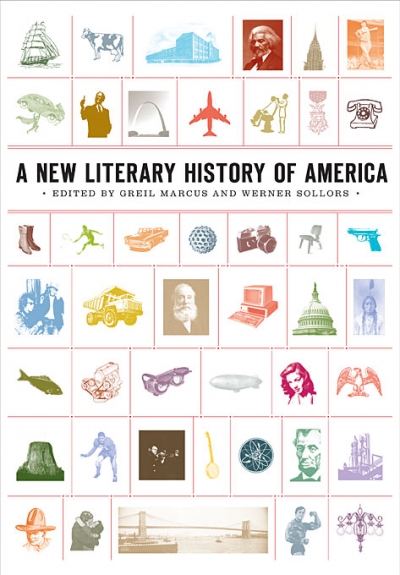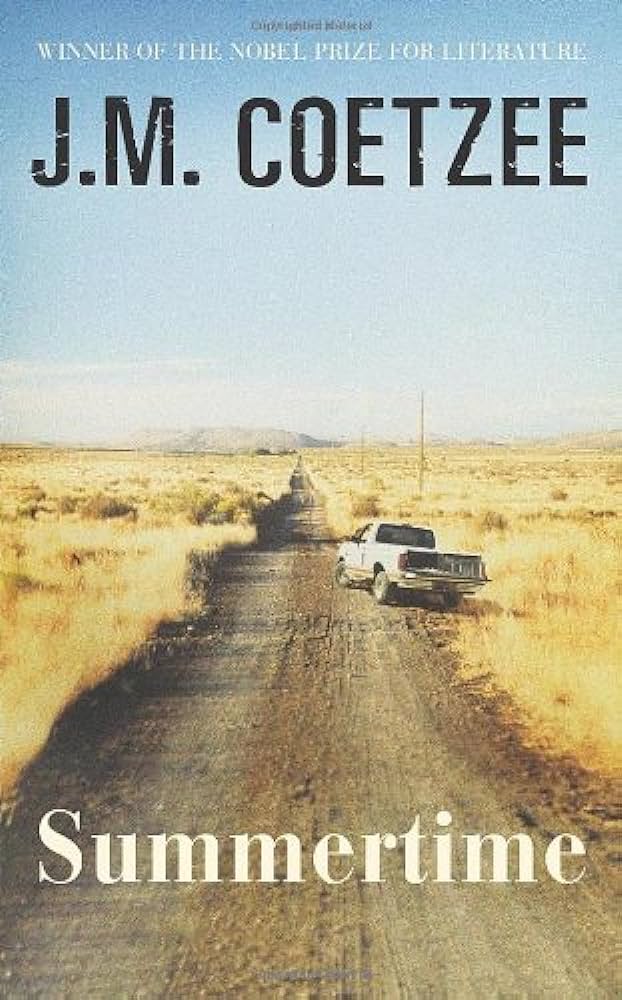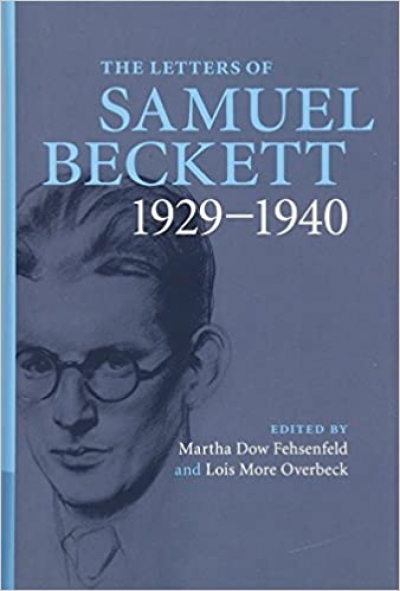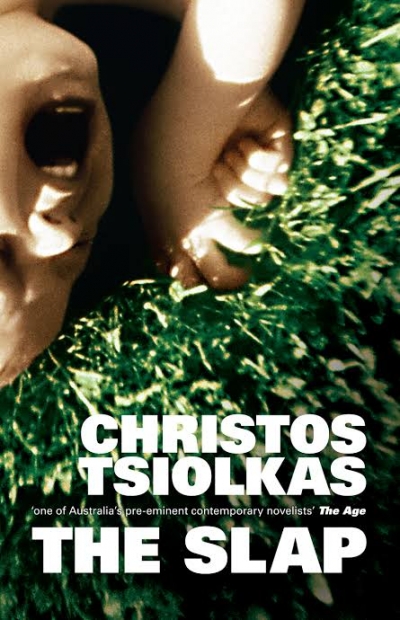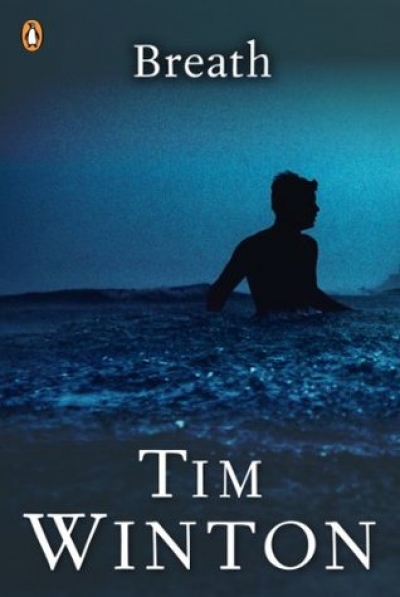James Ley
A New Literary History of America edited by Greil Marcus and Werner Sollors
Summertime by J.M. Coetzee & The Cambridge Introduction to J.M. Coetzee by Dominic Head
The Letters of Samuel Beckett, Vol. 1: 1929–1940 edited by Martha Dow Fehsenfeld and Lois More Overbeck
In The Ghost Writer (1979), the first of the nine Philip Roth novels in which Nathan Zuckerman plays a major role, the young Zuckerman uses a family squabble over an inheritance as the basis for a short story. His father is appalled. Why would Nathan depict his own family in such an unflattering light, perpetuate negative Jewish stereotypes, and give ammunition to anti-Semites? ‘You are not somebody who writes this kind of story and then pretends it’s the truth,’ his father despairs. ‘But I did write it,’ Nathan replies. ‘I am the kind of person who writes this kind of story.’
... (read more)Real what?
Dear Editor,
I have followed with interest the dispute between John Carmody and James Ley that proceeded the latter’s exceptionally sensible and even-handed review (March 2007) in which Mr Ley criticised those who maintain the divide between high and popular culture.
... (read more)
